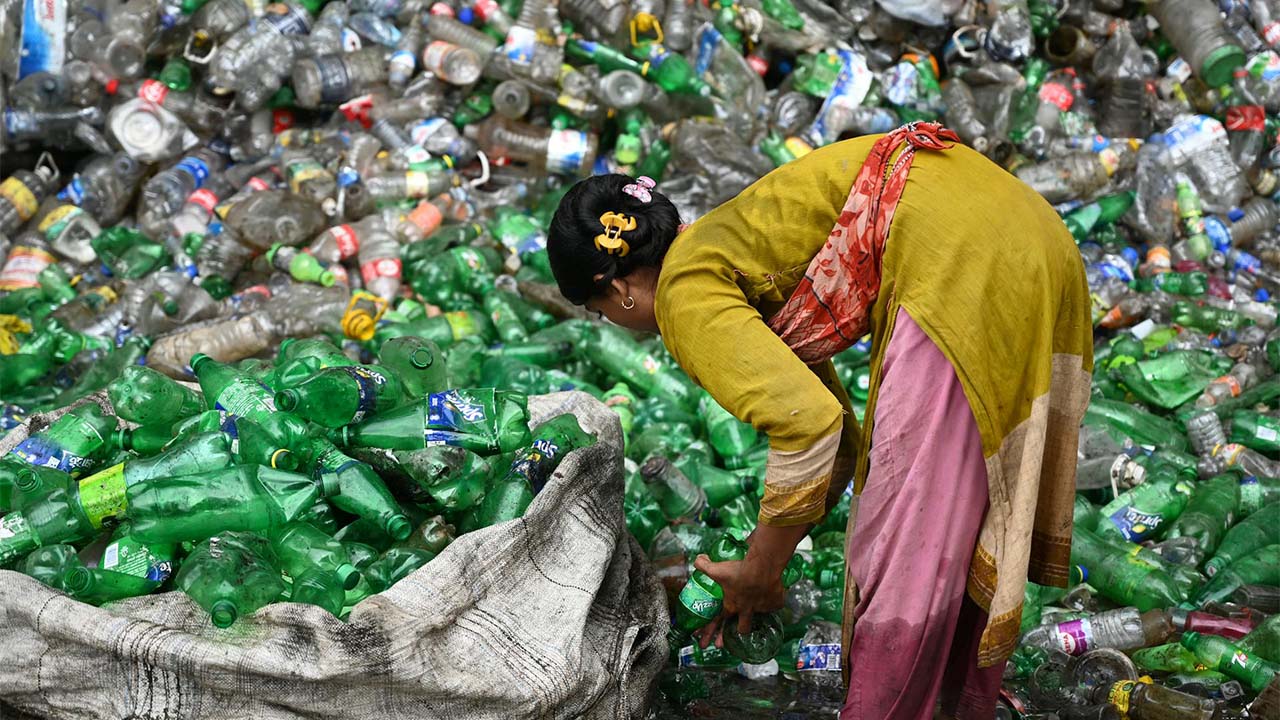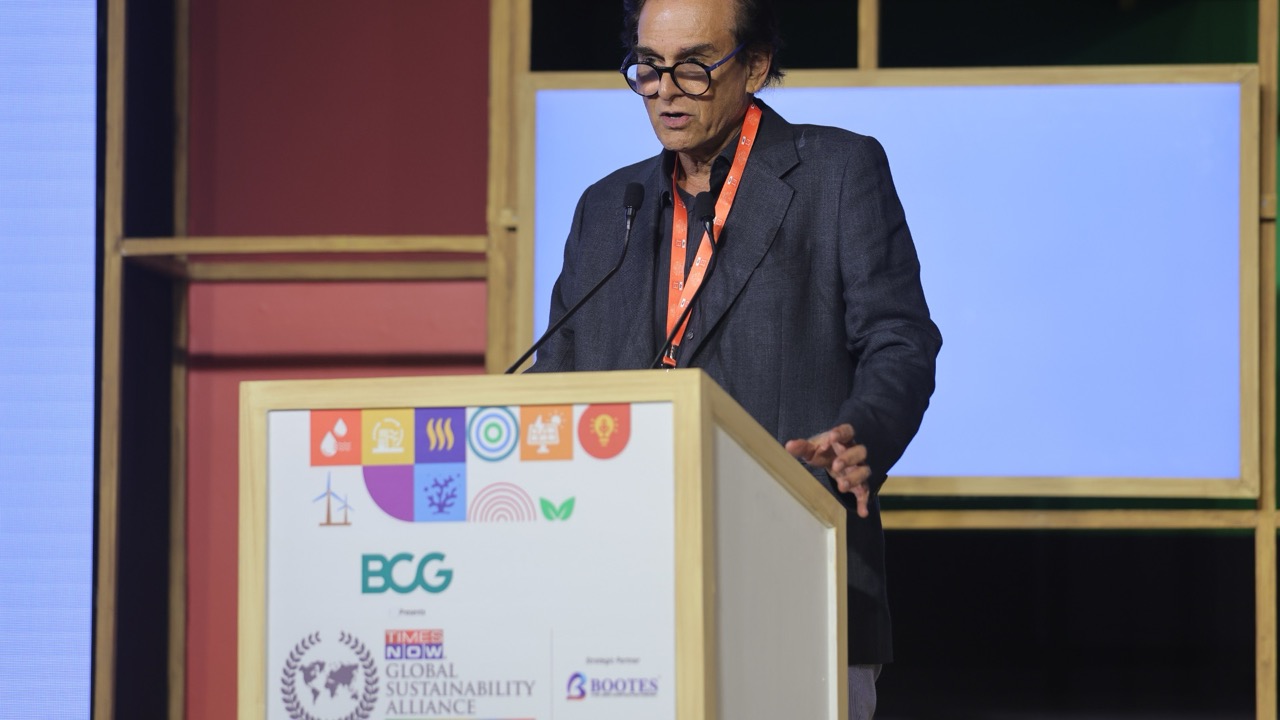The intersection of entrepreneurship and sustainability is increasingly becoming a central focus for many businesses, reflecting a growing movement towards fostering a more eco-conscious economy. A notable indication of this trend is the emergence of ecopreneurial enterprises. These ventures serve as pioneers in utilising innovation to achieve sustainable growth by capitalising on, and sometimes even creating, market opportunities. Guided by the principle of ‘meeting our own needs without compromising the ability of future generations to meet theirs,’ ecopreneurs are business owners who are equally driven by environmentalism and the pursuit of profits. Also referred to as environmental entrepreneurship or eco-capitalism, ecopreneurship is gaining momentum as a novel market-based strategy for identifying and profiting from opportunities, while creating varying levels of environmental impact.
Ecopreneurship: Meeting the Growing Need of the Times
The scarcity of natural resources, the rise in global population, and the loss of biodiversity all contribute to an interwoven web of complex environmental issues. Green entrepreneurs, or ecopreneurs, are distinguished from traditional entrepreneurs by their vision to develop a business model that is not only economically lucrative but also ecologically sensitive, generating large-scale social benefits.
Consumers are increasingly aware of the urgent need to conserve resources and strive for a greener future, creating a burgeoning market opportunity for sustainable products and services. Green products are designed with the aim of minimising the burden on natural resources and involve the elimination of toxic substances and waste that harm the ecology and people’s well-being.
Having said that, ecopreneurship is playing a far bigger role than simply catering to consumer preferences for sustainable products. By identifying the symbiotic relationship that can exist between profits and preserving the environment, ecopreneurs are revolutionising the future of the economy. They are creating a meaningful middle ground between conventional business and environmental activism & social initiative. They are also challenging traditional marketing systems that result in excessive environmental degradation and inspiring entrepreneurs across the spectrum to adopt a greener perspective.
Indian Ecopreneurs Steering Environmental Innovation
Acknowledging the crucial necessity of environmental conservation, India is gradually becoming a hub of ecopreneurs who are willingly shouldering the responsibility of innovating for the environment.
Angad Daryani, Praan
Angad’s initiative was born in a dorm room. Today, Praan, pioneers air purification. Its flagship product MK-II, with patented ion tech, purifies 1300 cu ft of air per minute, offering real-time air insights. Praan pioneers filterless tech, reducing 2.5 micrometre particulates by 40% in industry, with 70% cost savings.
Anubhav & Vibha Mittal, IBANSS
The Mittals’ passion for using technology to convert waste into value led him to establish IBANSS, formerly known as Bio Craft Innovation Technology. The company produces eco-friendly, biodegradable, bamboo-based granules and fibres that can be used as alternatives to plastic in most industries, including packaging, cutlery, and textiles.
Rahul Bakare, Urdhvam
Rahul’s vision behind Urdhvam was to create a system that boosts groundwater recharge. Through his revolutionary, patented, and economical borewell recharge device — Bore Charger — this ecopreneur helps enhance groundwater recharge, agricultural yield, supply duration, water quality, and ultimately, the economic condition and physical health of farmers and their families.
Rahul & Radhika Choudhary, Ricron Panels
Ricron Panels was established by Rahul Choudhary and Radhika Choudhary, who found it imperative to address the mounting challenge of plastic pollution. The startup is driving a circular economy for plastic waste, recovering and reprocessing multilayer plastic waste into panels and roofing sheets that can be used as building materials. These recyclable, rust-proof, termite-proof, and heat-resistant sheets serve as an eco-friendly, cost-effective substitute for film-faced plywood and metal plates.
Prerna Prasad, Ecoplore
Prerna Prasad embraced entrepreneurship as a means of environmental protection and founded Ecoplore, a curated marketplace for sustainable hotels and experiences. Implementing measures such as composting, rainwater harvesting, solar energy utilisation, zero use of plastics, and employing local people, these eco-hotels maintain a minimum of 33% greenery within their campus.
Vidyut Mohan, Takachar
Vidyut Mohan is an engineer who founded Takachar, a social enterprise that transforms crop residue and biomass waste into fuel, fertilisers, and specialty chemicals. In a country that is witnessing deteriorating climate conditions year after year, Takachar provides tools to combat air pollution, disastrous wildfires, and climate change at scale.
Ecopreneurship to drive the green transition
Citizens globally are increasingly wary of consumerist behaviour and are proactively resisting the throwaway culture. Owning more vehicles than necessary, depleting natural resources without replenishing them, and dumping waste instead of finding sustainable ways to recycle and reuse are viewed as critical challenges that need addressing. Countries are beginning to recognise the necessity of embracing eco-friendly methods, as people’s growing awareness and conscience play a vital role in their lives.
Ecopreneurship is a pivotal step towards replacing antiquated environmentally detrimental practices with ideas and innovations that motivate individuals to preserve the planet. By successfully identifying the nexus between innovation, sustainability, and profits, ecopreneurship is now recognised as a division of entrepreneurship that can reimagine and shape the future of the world.
At Scale-Up, MIF’s no-equity accelerator, we offer bespoke mentorship to for-profit ecopreneurs on their Rs 1-100 crore growth journeys, while addressing India’s urgent challenges in plastics & waste, clean technology, and food & agri-technology.







